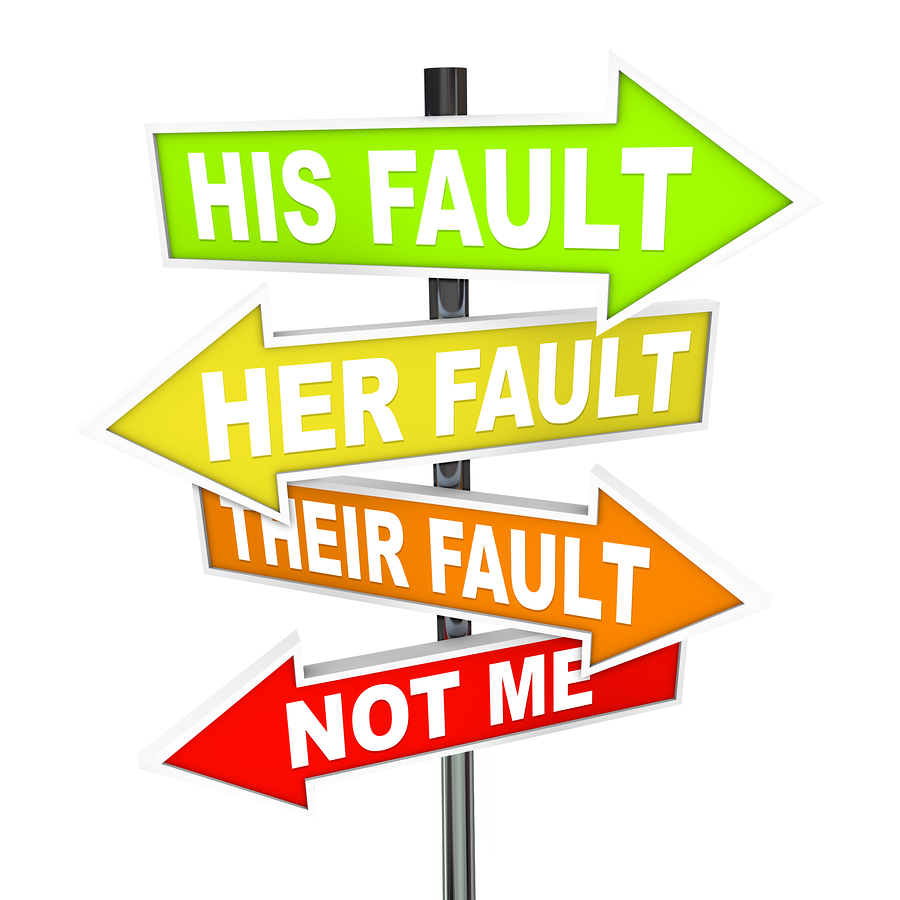Contributory and Comparative Negligence in Personal Injury Cases: Legal Framework, Implications, and Trends

This blog explores the legal doctrines of contributory negligence and comparative negligence in the context of personal injury cases. Contributory negligence traditionally barred plaintiffs from recovering damages if they were found even slightly at fault for their injuries. In contrast, comparative negligence apportions damages based on each party’s degree of fault. The blog examines the evolution of these doctrines, their implications for plaintiffs and defendants, and the trends regarding their adoption in different states.
In the realm of personal injury law, questions of fault allocation are paramount. Two main doctrines have emerged to address this issue: contributory negligence and comparative negligence. While contributory negligence traditionally posed significant barriers to plaintiffs seeking compensation, comparative negligence offers a more nuanced approach to fault allocation. This blog delves into the intricacies of both doctrines, their historical development, contemporary application, and the states’ varying stances on their adoption.
Contributory negligence, rooted in common law principles, historically served as a harsh rule barring plaintiffs from recovery if they were found to have contributed to their injuries in any way. This doctrine, often criticized for its rigidity and potential for unjust outcomes, effectively shifted the entire burden of responsibility onto the plaintiff, regardless of the defendant’s negligence. Critics argued that contributory negligence failed to account for the proportional fault of each party and often led to inequitable results, particularly in cases where the plaintiff’s contribution to the injury was minor.
In response to the perceived injustices of contributory negligence, many jurisdictions began adopting comparative negligence systems. Comparative negligence allows for a more equitable distribution of fault by apportioning damages based on each party’s degree of negligence. Under this framework, plaintiffs may still recover damages even if they are partially at fault, with the damages reduced in proportion to their degree of fault. This approach aims to achieve a fairer allocation of responsibility and ensure that plaintiffs are not completely barred from recovery due to minor faults.
The adoption of comparative negligence varies significantly among states in the United States. Pure comparative negligence systems allow plaintiffs to recover damages regardless of their degree of fault, with damages reduced according to their level of responsibility. In contrast, modified comparative negligence systems bar recovery only if the plaintiff is found to be equally or more at fault than the defendant. States have implemented various thresholds for modified comparative negligence, with some jurisdictions adopting a 50% bar rule and others opting for a 51% bar rule.
Despite the widespread adoption of comparative negligence, very few states, such as North Carolina, still adhere to contributory negligence principles. These states, often characterized by their adherence to traditional legal doctrines, maintain the strict rule that any contributory negligence on the part of the plaintiff completely bars recovery. Critics argue that this approach is antiquated and fails to account for the complexities of modern legal disputes.
The decision to adopt or retain contributory or comparative negligence often reflects broader legal philosophies within each state. States that prioritize individual responsibility and traditional legal principles may be more inclined to retain contributory negligence. On the other hand, states that prioritize fairness and equitable outcomes may opt for comparative negligence systems. Additionally, the legal and political climate, as well as historical precedent, play significant roles in shaping each state’s approach to fault allocation in personal injury cases.
If you or any of your friends or family members are injured in an accident, call us at Collins Law Firm at 910-793-9000 for a fee confidential consultation.
